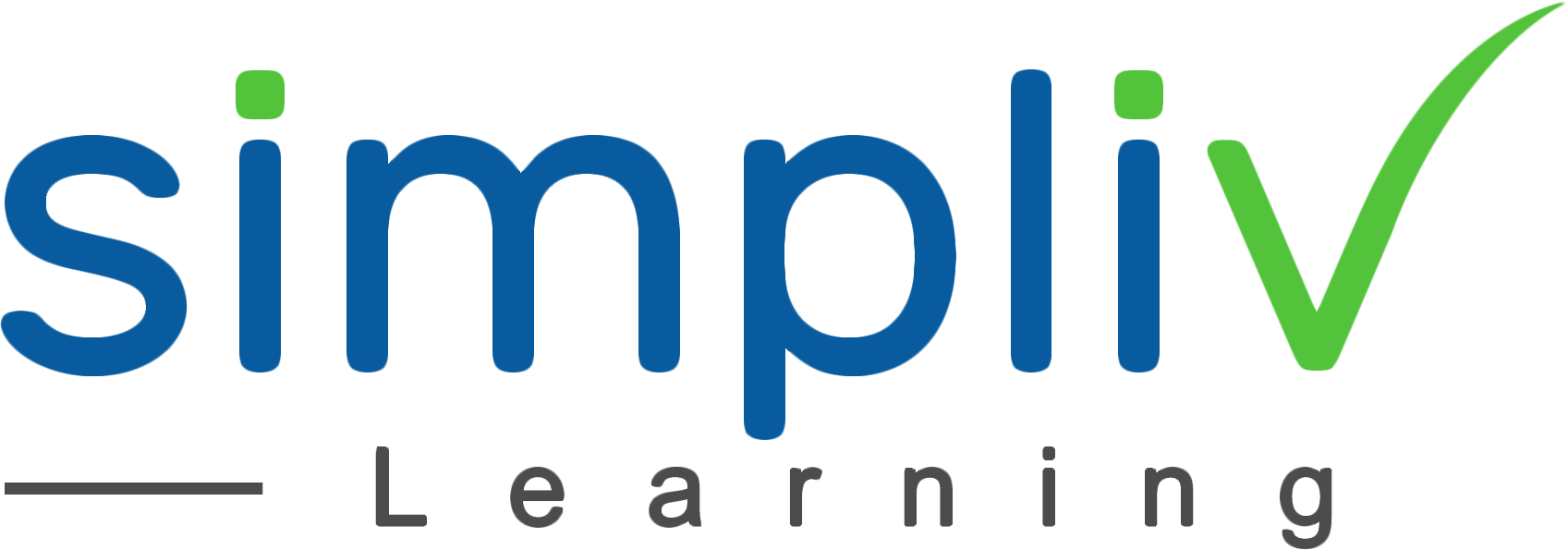Streamlining and preparing for Tax Season with QuickBooks Online: Partnering with an Accountant
Discover the essential responsibilities that your bookkeeper undertake in partnership with a Certified Public Accountants (CPA) during year-end tax preparation.
Productivity
2 Hours
Description
In this course, you will learn about the crucial role your bookkeeper play in ensuring accurate and organized financial data for tax purposes. While bookkeepers do not directly process taxes, they collaborate with CPAs to provide necessary documentation and support throughout the tax preparation process. You will gain insight into preparing and forwarding financial reports, filling out and sending IRS tax forms based on different business types, and gathering and forwarding deduction data. By understanding your bookkeeper's role in year-end tax preparation, you can effectively contribute to a smooth and successful tax filing process.
Course Objectives
Enroll in this course to understand the bookkeeper's role in year-end tax preparation and gain the knowledge and skills necessary to support the collaboration between bookkeepers and CPAs. By mastering these responsibilities, you can contribute to accurate and efficient tax filings for your organization or clients.
Target Audience
Bookkeepers, Business Owners, Entrepreneurs, Business Professionals
Basic Understanding
Knowledge of how to customize and run financial reports, payroll reports & assess depreciation costs.
Course Content
No sessions available.
Coupons
Live Support
Call
+510-849-6155
Mail to
support@simplivlearning.com
